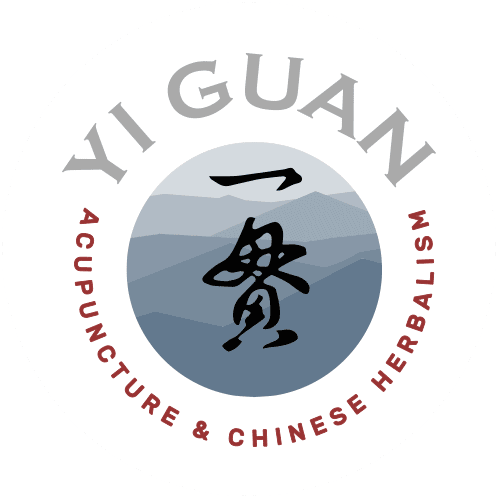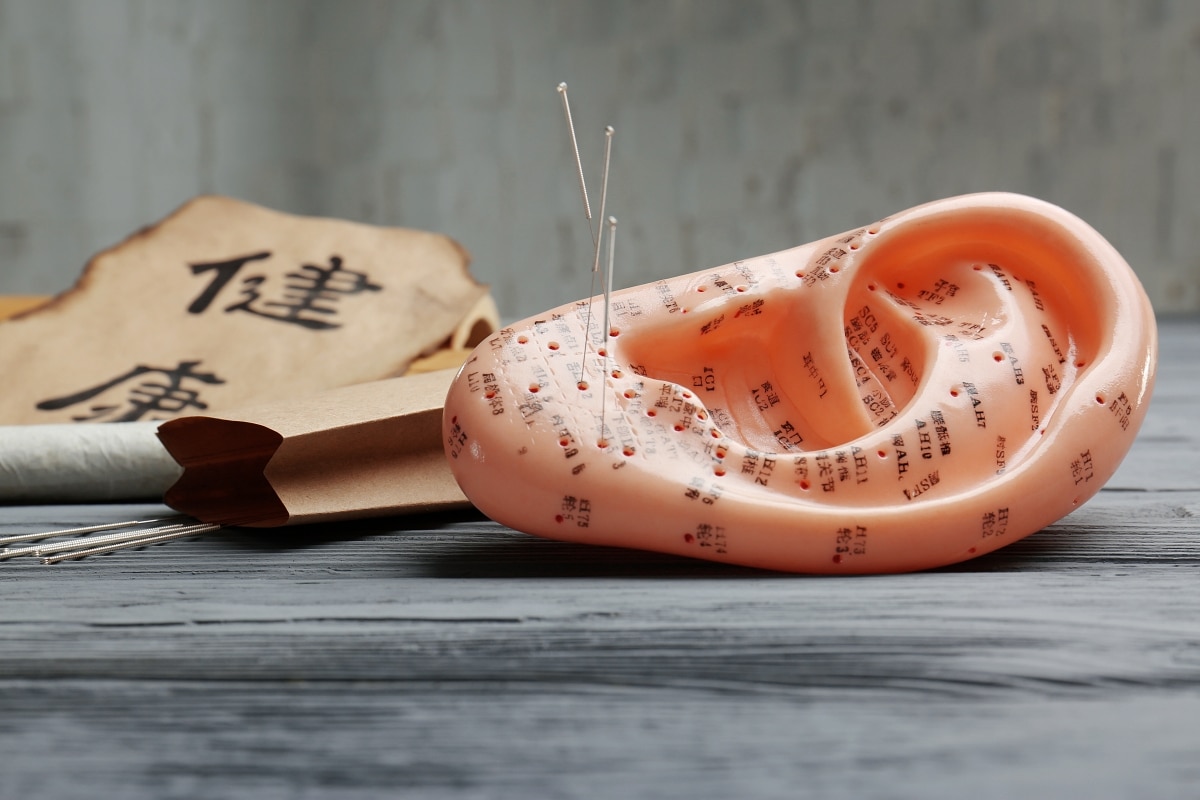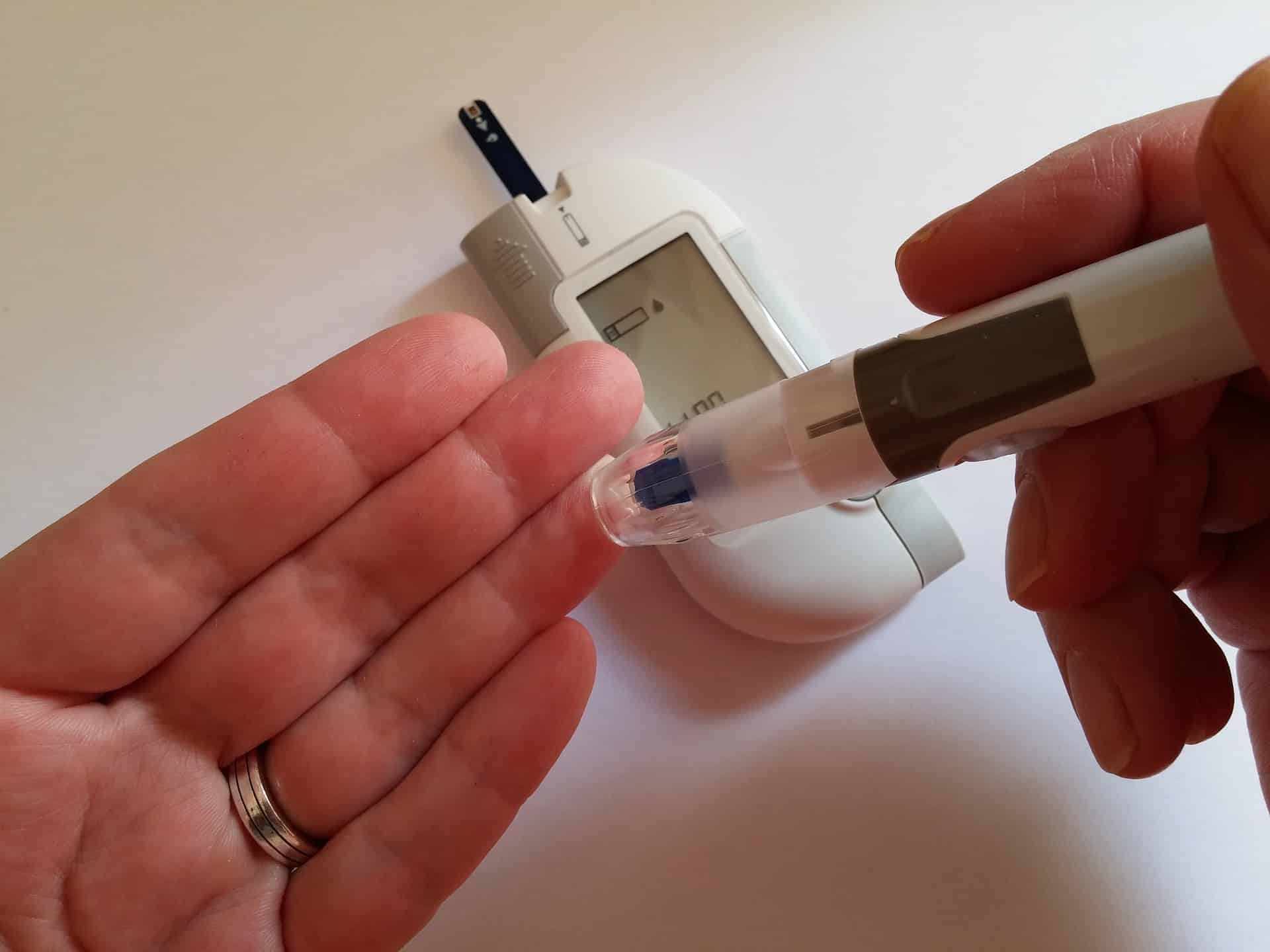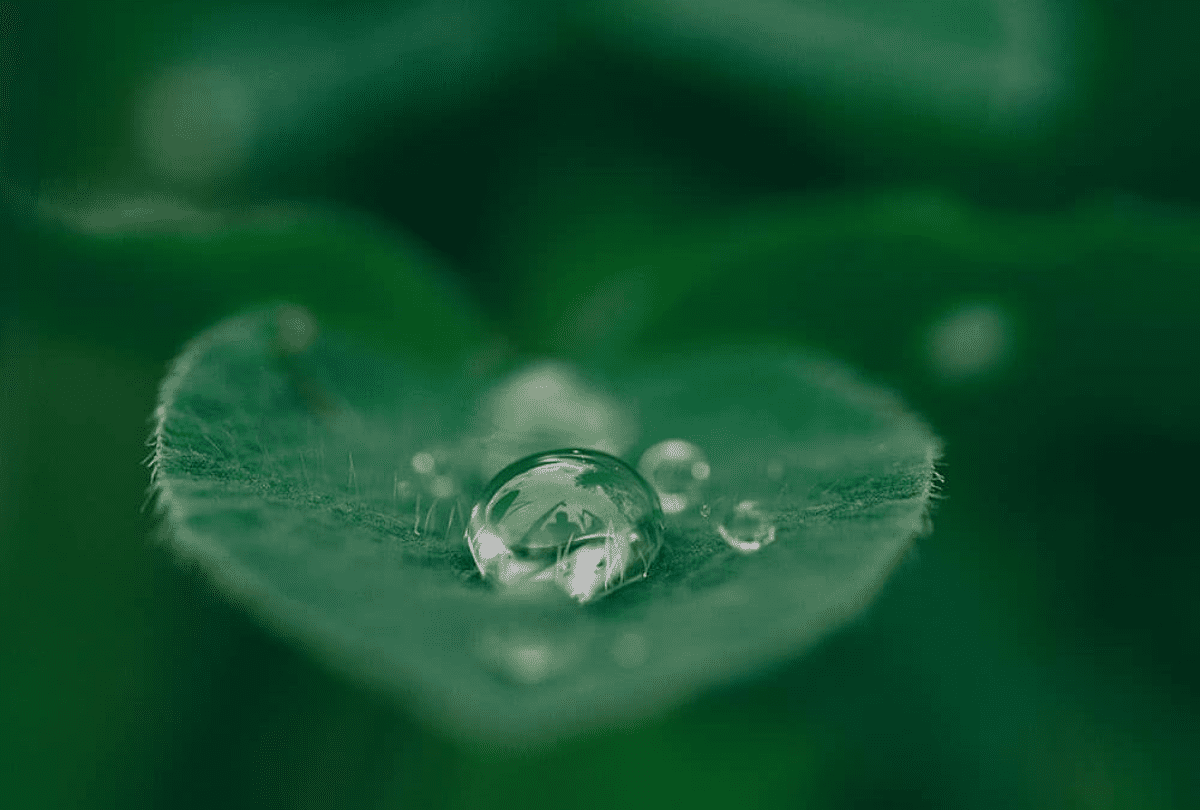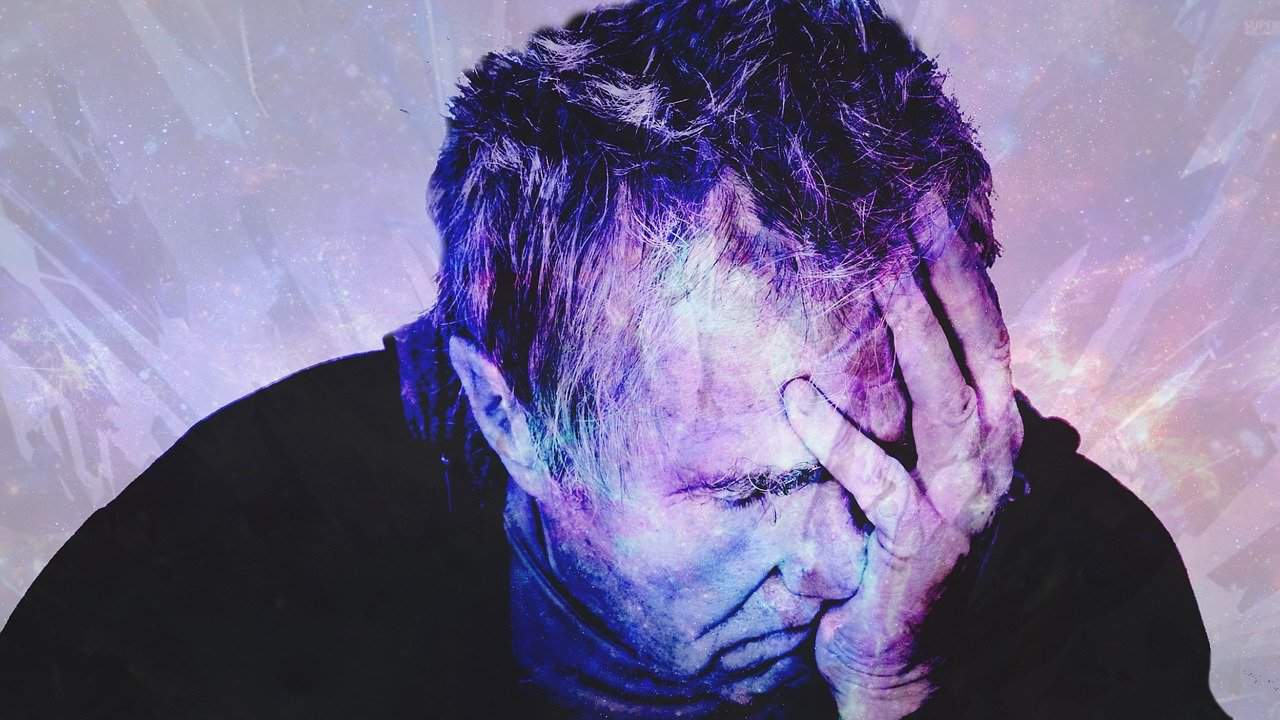Chinese Medicine and Erectile Dysfunction
Keeping a youthful vitality and rigor is something most men are interested in achieving. A billion-dollar industry has sprung up around this desire. A wide variety of products and programs exist to serve these ends. Some, though, are specifically looking for holistic and natural alternative methods to address their men’s health concerns. Many people are curious about acupuncture. Does Chinese medicine work for erectile dysfunction? Can Chinese herbs help with low testosterone? Traditional Chinese medicine does in fact have many effective tools for those interested in alternative medicine and men’s health.
Western Viewpoint
While there are many issues relating to the general term “men’s health”, this article will focus on two of the larger concerns, low testosterone and erectile dysfunction. Testosterone is the primary sex hormone in men and is pivotal in the growth and development of male reproductive organs and secondary sexual characteristics, such as a male pattern of muscle and bone mass and distribution of hair growth. Testosterone fits in with the hypopituitary-thalamic axis, however, and low testosterone can have far-reaching implications to a man’s health. As a man ages, the body naturally produces less testosterone. But there are other causes that might make the drop faster or lower than is appropriate. Among these causes are certain long-term illness, obesity, excessive alcohol use, the side effects of certain medications, and environmental sources causing estrogen excess. Having low testosterone can contribute to loss of muscle strength, decrease in body hair, increased body fat, depression, general fatigue, and erectile dysfunction and other sexual dysfunction.
Erectile Dysfunction
Erectile dysfunction is another large concern of the aging male. As noted above, low testosterone is a contributing cause of impotence. But there are many more causes of it, and many men who experience it do not have low testosterone values. As achieving and maintaining an erection is a matter of fluid mechanics, it’s no surprise to know that heart and vascular diseases are a large contributing factor. Other causes include diabetes, high cholesterol, obesity, certain neurological conditions, excessive alcohol and tobacco use, and the side effects of medications including antidepressants, antihistamines, muscle relaxants, and certain blood pressure-lowering medications. Stress and other psychological conditions also play key roles in causing erectile dysfunction, a consideration sometimes not given as full attention as it should.
Western Treatments
In terms of the Western treatment of low testosterone, the treatment is simply prescription of endogenous testosterone, usually as an injection, though multiple routes are available. Note, though, that this does not address whatever conditions are causing the low testosterone. There are several methods of treatment for erectile dysfunction. Most common are oral medications, the most known of which is nitrous oxide, known as Viagra. This medication treats works with the vascular tissue in the area, promoting the right kind of blood flow. Supplementation with testosterone is also common. Mechanical aids are also used such as vacuum devices and constriction rings. Surgical options are also available including inflatable prostheses. Therapy is also very helpful for those with psychological causes.
Traditional Chinese Medicine Treatment
As addressed previously, technically speaking, modern Western diseases are not within the traditional Chinese medical framework. There is no such thing as “low testosterone” in TCM. The signs and symptoms of low testosterone, however, line up with several well-known symptom patterns within Chinese medicine’s metaphorical framework. Not all of these patterns are necessarily related to one another in their root cause. This is corroborated by the long list of causative factors of low testosterone and erectile dysfunction from the Western perspective as detailed above. And as is usual with TCM, discovering the right symptom pattern and pulling it back into balance is the proper treatment principle. These acupuncture treatments tend to be more focused on treating the root cause, as opposed to just adding testosterone if the lab value happens to be low.
Replace What is Missing
In TCM terms, the kidneys’ main function is holding and storing energy. They control “water”, store “essence”, govern the marrow and the brain, control the bones, manifest in the hair, and direct birth, growth, development, and sexual energy. It is clear to see that patterns involving kidney deficiency are the clearest counterpart to issues aging men face. One can be deficient in kidney yang, or yin, or a combination of the two, referred to as essence, all depending on the particular symptoms and physical exam findings. Kidney deficiency shares many of the same symptoms as low T listed above but also includes urination problems, altered bowel habits, soreness of the lower back and the knees, dry skin, brittle hair, memory loss, and other cognitive and neuropsychological issues.
Harmonize What is Already There
As mentioned previously, the stresses of modern life often impact and stagnate liver qi. This can cause a variety of issues with simultaneous excess and deficient signs. This can lead to many complicated patterns, but they all relate to the liver. This is similar to the varied causes and their interactions that lead to erectile dysfunction. Among other things, the liver is “in charge of regulating the sinews and tendons”. From the TCM standpoint, an out-of-balance liver affecting the tendons is as big a contributing factor as kidney deficiency. In other words, not all erectile dysfunction is caused by low testosterone. It is no surprise that many of the listed causative factors of erectile dysfunction are also the things that impact the TCM liver. Acupuncture for smoothing the liver and calming the mind can go a long way, just like psychological therapy can be essential to treat erectile dysfunction.
Will Acupuncture Help Erectile Dysfunction and Low Testosterone?
Men are sometimes very anxious to have their symptoms dealt with. As referenced before, just adding testosterone when there is not enough only treats the branch manifestation. And while this brings positive results, it often does very little to treat the root cause. This is a good example of the principles of branch treatment and root treatment within acupuncture and TCM. If you treat the branch but not the root, the branch will just grow back. A complex and important issue can sometimes be tricky to resolve. Acupuncture can be a great benefit to both the branch and the root. Acupuncture itself specifically is very effective at smoothing and harmonizing, whether it’s the emotions, your autonomic or endocrine hormone balance. These are some of the main culprits behind erectile dysfunction. Well placed needles with proper needle technique can redirect your energies back to where they belong. Mind body practices, like miedtation, tai chi, and qigong, are also important on increasing your energy smoothing your mind. There are specialized qigong sets exactly for bolstering kidney qi.
Chinese Medicine Herbs for Erectile Dysfunction and Low Testosterone
If the problem is not an imbalance but a deficiency, acupuncture alone may not be enough. TCM has many kidney tonic herbs and liver regulating herbs that can get the job done. Many of these Chinese herbs are so well known and used that they have even drifted into modern Western consciousness. Substances like cinnamon, walnuts, fleeceflower root, even lamb are very helpful. But without the understanding of the pattern diagnosis and proper usage of the Chinese herbal system, those who try some of these substances may not have the results they were hoping for. The infamously named horny goat weed only works if you prepare it properly, mix it with other herbs appropriately, and apply it to the correct symptom pattern. The holistic system of traditional Chinese medicine can be of great use for men who are concerned with definitively solving their problems. The proper combination of needle placement, herbal substances, and meditation/qigong techniques are important when treating low testosterone and erectile dysfunction with TCM.
Integrative Approach
Some patients are searching for holistic and natural alternatives. But others are more focused on getting their results as quickly and easily as possible. So, which approach is better, testosterone replacement therapy pharmaceuticals like Viagra or acupuncture and Chinese herbal formulas? The real question is, why even have this debate? Our practice philosophy at Yi Guan Acupuncture and Chinese Herbalism is to not choose East over West or old over new, but to link together the best practices across all that is known. Hormone replacement therapy does not get in the way of the results that acupuncture and herbalism . In fact, those on bioidentical hormone replacement therapy could only stand to have even greater results when mixing it with acupuncture, herbs, and mind-body practices.
If you would like to know more about how acupuncture, herbalism, and mind-body practices can alleviate your concerns and optimize your longevity, contact us today.
Join the Yi Guan Newsletter List!
Sent out just once a month, the newsletter keeps you informed about acupuncture, herbalism and special offers at Yi Guan Acupuncture and Chinese Medicine.
Articles Sources:
Cleveland Clinic, Low Testosterone (Male Hypogonadism)
Cleveland Clinic, Erectile Dysfunction
Mayo Clinic, Male Hypogonadism
Mayo Clinic, Erectile Dysfunction
Current Pharmaceutical Design, 2016;22(3):312-20, Mechanism of Treatment of Kidney Deficiency and Osteoporosis is Similar by Traditional Chinese Medicine
Verywell Health, What Are the Benefits of Acupuncture for Erectile Dysfunction (ED)?
